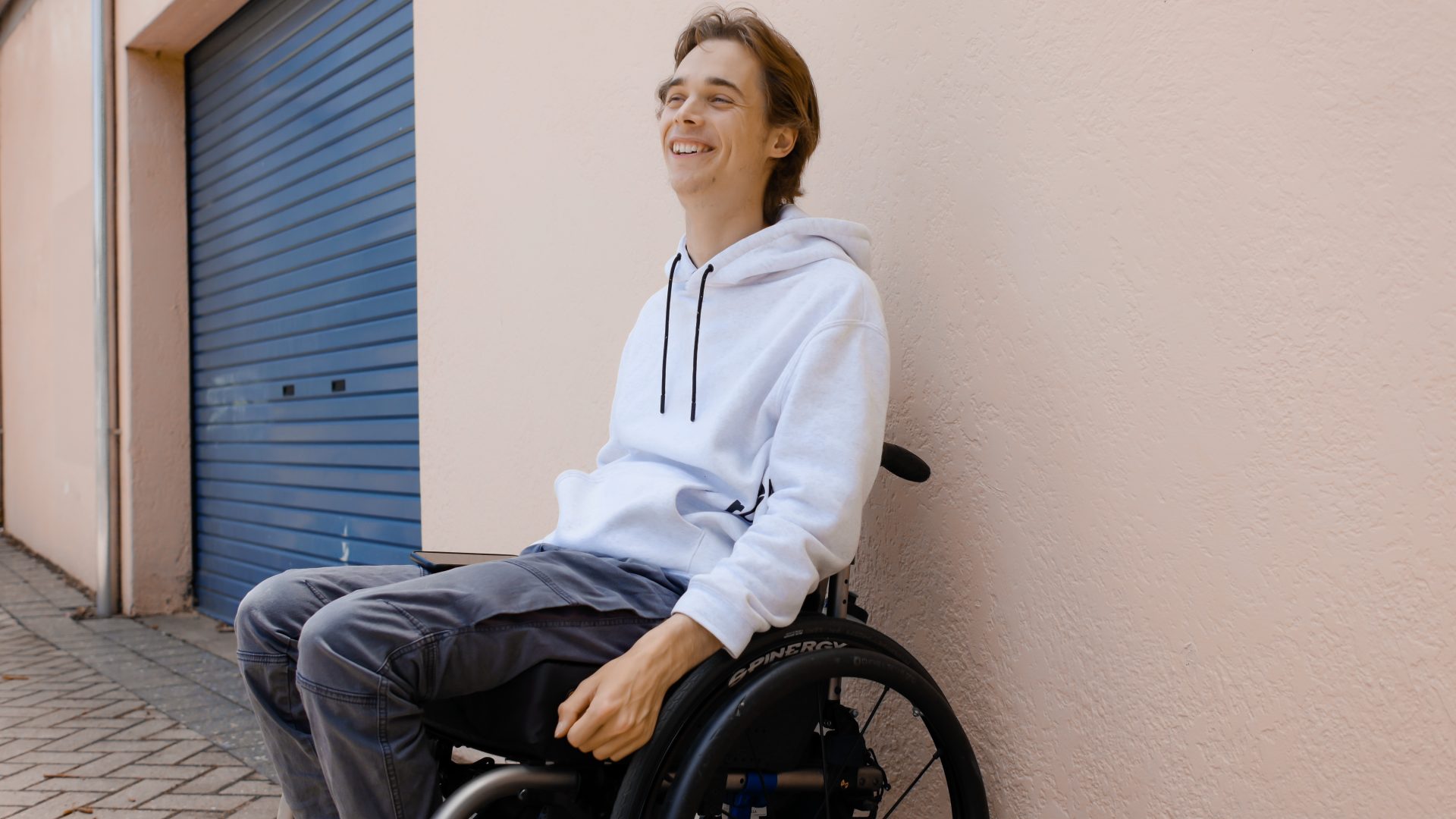In great news for Australians with spinal cord injuries, we’re excited to report that, thanks to our wonderful supporters and our New Zealand partner, The Catwalk Trust, our Christmas campaign ‘We’re so close’ has reached a critical funding milestone!
The campaign, aimed at funding an expansion in SpinalCure’s spinal cord neurostimulation research (undertaken by NeuRA), successfully raised enough funding to begin planning a community study of neurostimulation in three new centres around Australia.
Alex Richter, who shared his story as part of the campaign, said “SpinalCure supporters have made the expansion of this experimental treatment into the community possible. Thank you so much!
“I’m already benefiting from the NeuroMoves research, which SpinalCure supported back in the 2000’s. Combining it with neurostimulation really could be a game-changer for me.
“Please don’t forget your continued support is crucial to keep the program running over the next three years,” added Alex.
SpinalCure partner, The Catwalk Trust (New Zealand) deserves a special thanks, for matching our supporters’ donations and agreeing to fund 50% of the total over the three years.
Meg Speirs, CEO of The Catwalk Trust (New Zealand) said, “We are really excited to be part of this expansion of such a promising treatment.
“This research is vital for progress towards transforming the lives of people with spinal cord injury. If successful, it could change the lives of people across the globe by providing the evidence needed for regulator approval.”
Neuroscience Research Australia (NeuRA), are carrying out the research using transcutaneous (over the skin) spinal cord stimulation, which is extremely safe and has the potential to be easily rolled out around Australia—or indeed the world.
Further funds still need to be raised for the full three-year program, however, we have sufficient funds to begin planning, with the aim of starting the first site this year.
Unlike the eWalk trial, this community study across three Australian states, will focus on hand and arm movement, rather than walking ability for paraplegics, as we know these functions have a huge impact on independence for quadriplegics.
Planning is underway on the expansion with our Australian partners on this project: NeuRA and Spinal Cord Injuries Australia. The study sites will be announced once planning is complete.
Sign up to our newsletter below for updates on the expansion.
Make a regular donation to support this 3-year study

